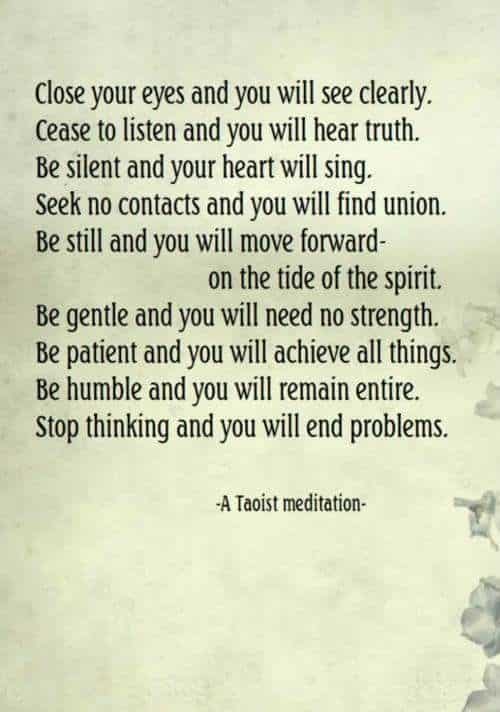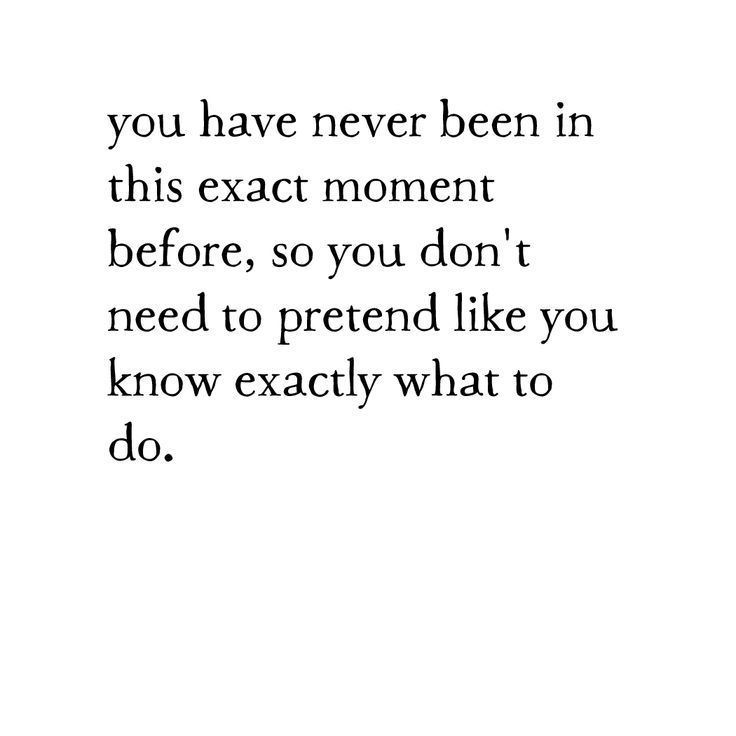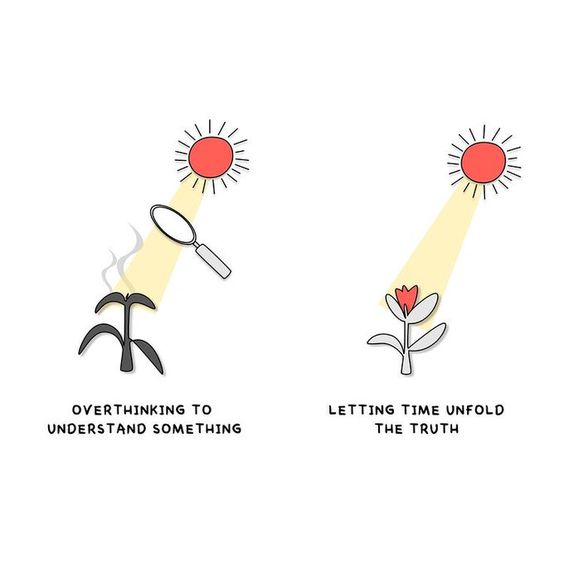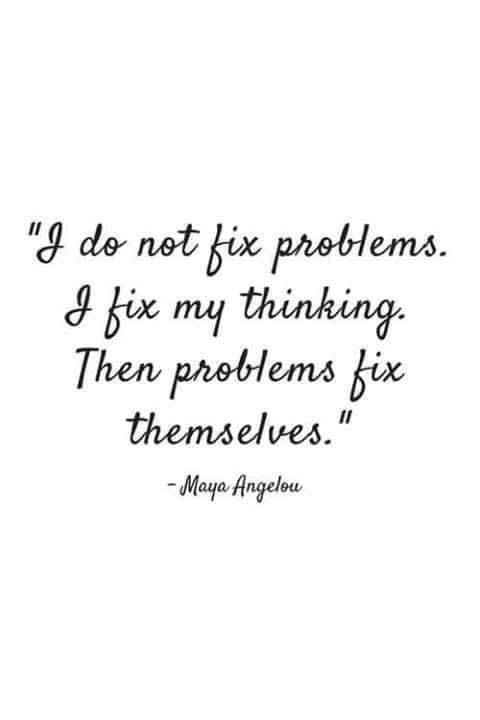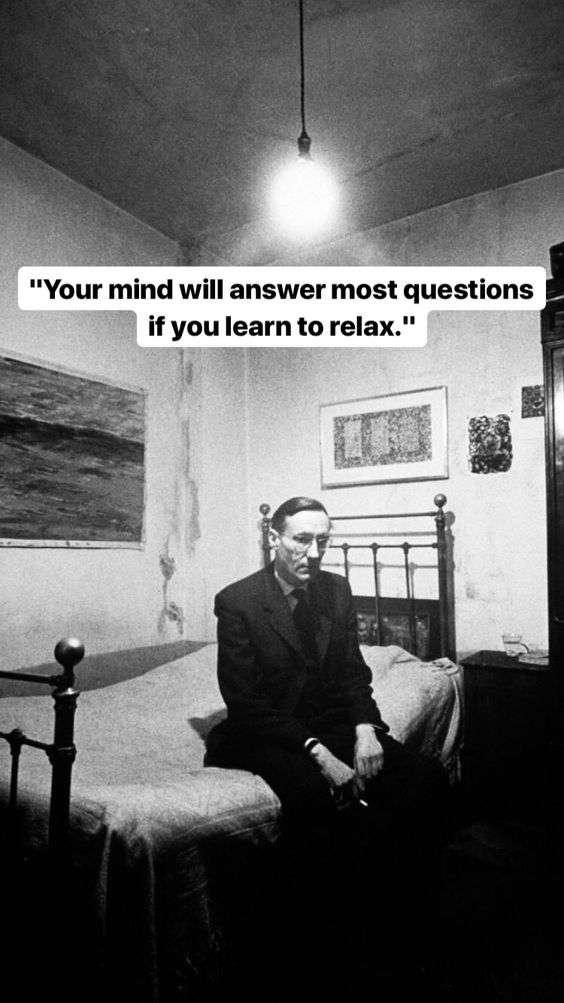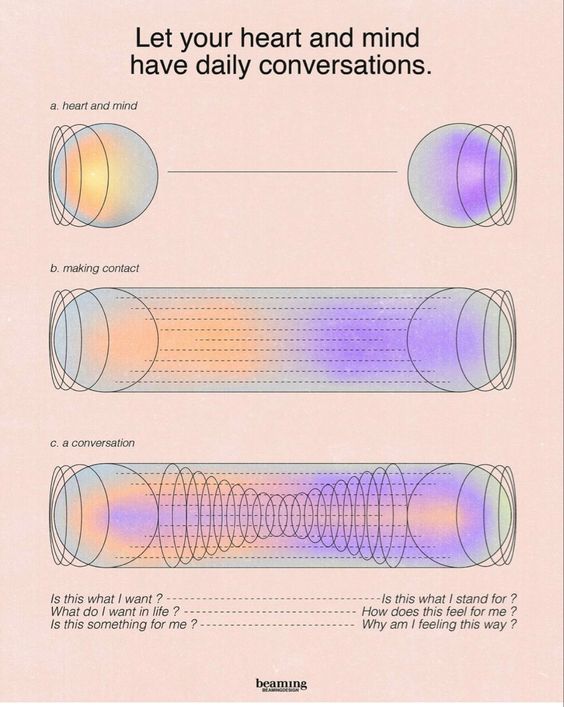“Problems, by definition, have solutions. You might not like the cost of the solution, the trade-offs it leads to, or the time and effort it takes, but problems have solutions. On the other hand, situations don’t. Situations are simply things we need to live with. Once we realize that a problem we have isn’t a problem at all, but actually a situation, it’s easier to do our best to move on and thrive. Focusing on a situation is usually a source of stress, not a way forward.”
Seth Godin
“There’s so much messaging today about how you always have to be yourself and trust your feelings. But I tell people, ‘be un-you.’ Like, what is the opposite of what you feel like doing right now? Or who is someone you really admire—what would they do in this moment? And I actually think that can get us closer to the versions of ourselves that we would like to be…Separating oneself from one’s impulse, taking a healthy step back and gaining some distance between what you feel like doing and what’s actually going to help you—you’ll make a better choice.”
Dr. Samantha Boardman
“A problem can be dropped so easily if you understand that it is you holding the problem, not the problem holding you.”
Osho, Everyday Osho (Page 32)
“Problems don’t really care whether we acknowledge them or not. They still exist. What matters is how we choose to direct our energy, because our tomorrow is the direct result of the way we spend our resources today. Pick your problems, pick your future.”
Seth Godin, Blog
“Happiness is a mental habit, a mental attitude, and if it is not learned and practiced in the present it is never experienced. It cannot be made contingent upon solving some external problem. When one problem is solved, another appears to take its place. Life is a series of problems. If you are to be happy at all, you must be happy — period! Not happy ‘because of.’”
Maxwell Maltz, Psycho-Cybernetics
“More money does not solve money problems. Different relationships do not solve relationship problems. New work does not solve work problems. Your future life will not solve your life problems. This is because money does not make you good with money. Love does not make you love yourself. Relationships don’t make you good at relationships. Work doesn’t make you good at your job or capable of work/life balance. Problems don’t inherently make you a stronger person unless you change and adapt. The variable is you.”
Brianna Wiest, The Mountain Is You (Page 194)
“When it comes to self-sabotaging behaviors, you have to understand that sometimes, it’s easy to get attached to having problems. Being successful can make you less liked. Finding love can make you more vulnerable. Making yourself less attractive can guard you. Playing small allows you to avoid scrutiny. Procrastinating puts you back in a place of comfort. All the ways in which you are self-sabotaging are actually ways that you are feeding a need you probably do not even realize you have.”
Brianna Wiest, The Mountain Is You (Page 30)
“Some problems lend themselves to reexamination. A second, third or even fourth thought is productive, because our initial impulses might not reflect our best effort at understanding the nuances of the situation. But many problems simply create more thoughts, without productive output. As we confront something that is unlikely to have a simple or productive way forward, it’s easy to go into a mental tizzy imagining solutions. The art is understanding which sort of problem we’re facing. And devoting the right amount of thought (not less and definitely not more) to the situation we’re in. Spending cycles on categorizing the problem is probably more productive than wasting time on problems that don’t deserve our effort.”
Seth Godin, Blog
“Without altering the facts of the situation I am facing and without ignoring the reality of what must be done, what is the most useful and empowering story I can tell myself about what is happening and what I need to do next?”
James Clear, Blog
“Life throws stuff at us. We have to figure out how to catch it and throw it back. That’s what Epictetus meant when he said we don’t control what happens, we control how we respond. But he also liked that throwing metaphor–and clearly was more than a casual fan of sports. Epictetus admired the way that skilled athletes caught the ball that was thrown to them and whipped the ball right back. They didn’t complain. They didn’t demand certain conditions be met before they dove for it. He admired their concentration, their coolness under pressure, their grace, their creativity.”
Ryan Holiday, Daily Stoic Blog
“The problem lies in asking somebody else to solve your own problem instead of asking yourself. I can give you ten thousand of my ways, but they are my way, not yours. An individual’s questions are answerable only by the individual himself, and nothing would be gained by his sitting in on a recital of mine.”
Bruce Lee, Striking Thoughts (Page 179)
